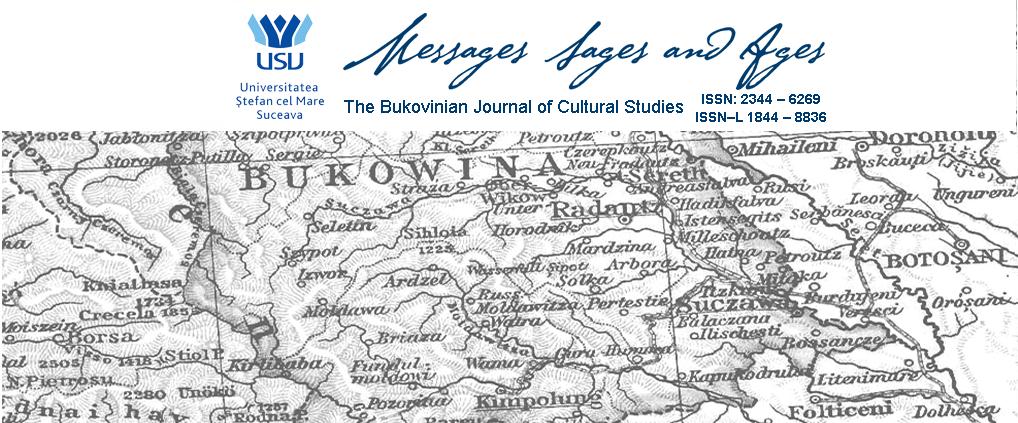This paper examines SF narratives, in particular works such as William Gibson`s “Neuromancer” and “Idoru”, or George Orwell`s “Nineteen Eighty-Four”. It aims to demonstrate the original, transcendental character of narrative related to its ability of reaching the very origins of our social and cultural reality and showing its nature – conditioned, “fleeting”, and open to various possible forms. The author discusses Marshall Brown`s views according to which gothic novels are “pure speculative instruments that investigate the origins of experience” and as such, they let us raise a transcendental question concerning the conditions of the possibility of experience. She applies this thesis to SF stories. She refers to the views of ethical critics (Martha Nussbaum, Wayne C. Booth), to Marie-Laure Ryan’s concept of possible worlds, as well as to Jens Brockmeier and Rom Harré`s concept of narratives considered by them as “fluid patterns of action”, models of the world, or apriorical categories inherent in the process of shaping our reality. The author shows that such SF stories confront us with various possible realities which are already present in our everyday practices of speaking and in routine social narratives, although not in an evident way.
Katarzyna Filutowska
Author
Dr Katarzyna Filutowska is a philosopher, researcher in the Institute of Philosophy, University of Warsaw, philosophy and ethics teacher-lecturer. She published numerous articles and several books on the subject of, among others, F. W. J. Schelling and German idealism, professional ethics, narrative identity, and connections between philosophy and literature.
